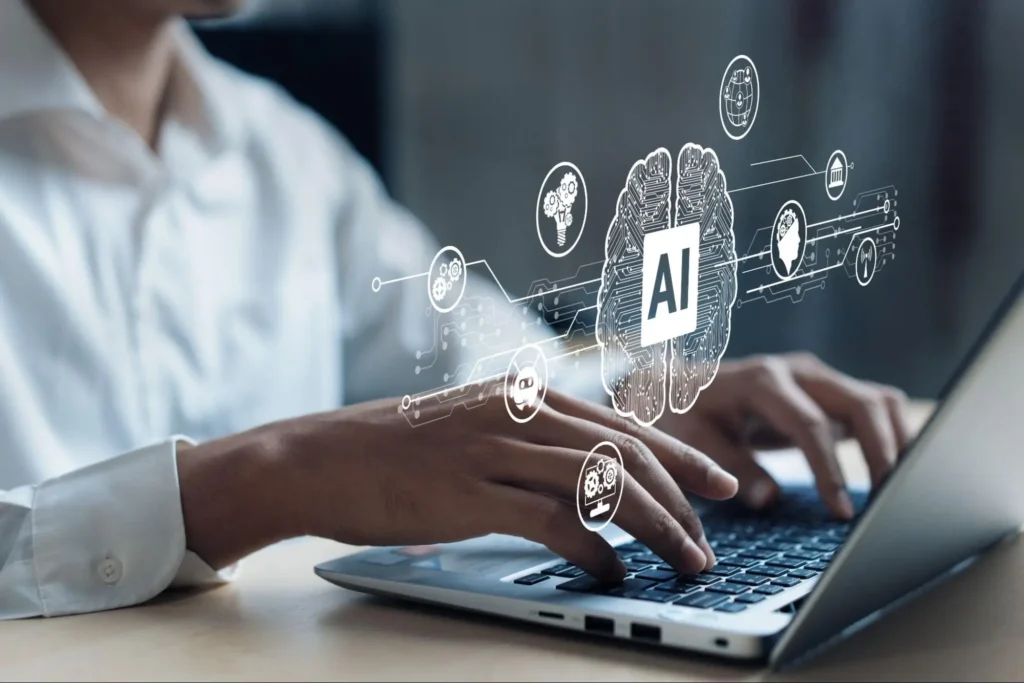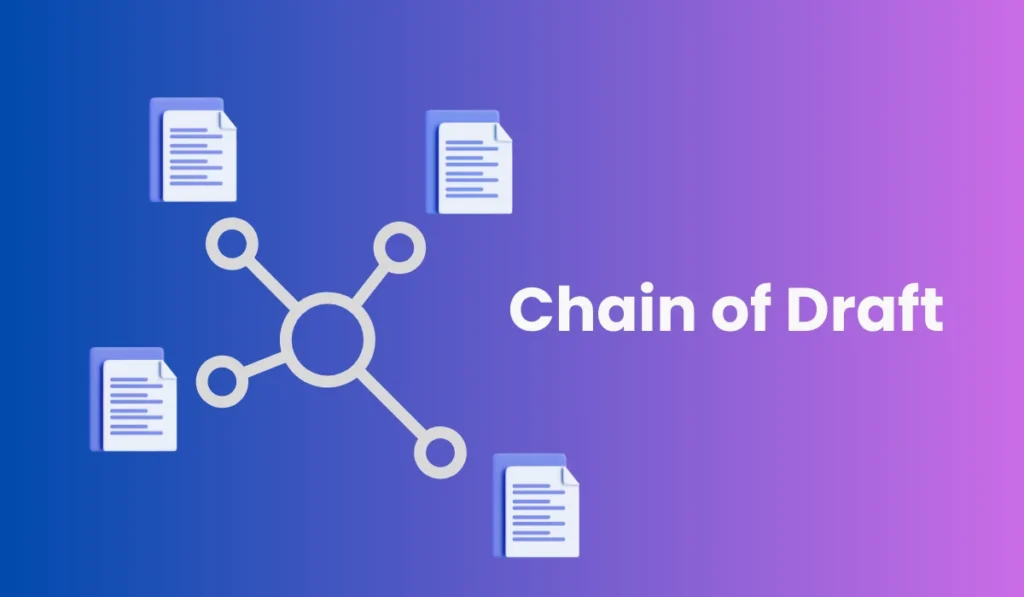
Artificial Intelligence (AI) continues to be one of the most transformative technologies of our time, influencing how businesses operate, compete, and grow. While the potential is vast, unlocking true value from AI initiatives requires more than deploying algorithms. It requires strategic expertise. This is where AI consulting becomes super important for businesses.
AI consulting services help organizations harness AI technologies to enhance workflows, develop intelligent products, and deliver smarter services. From shaping strategies to customizing implementations and training internal teams, AI consultants serve as enablers of enterprise-wide transformation.
While innovation abounds, it also brings forth several structural, technical, and ethical challenges. In this blog, we will explore the current AI trends in consulting, delve into the most pressing challenges, analyze upcoming trends, and forecast what the future holds for this critical domain.
Let’s break down their meaning in simple terms, clearing up the clouds of confusion, and explore where each technology shines.
AI Consulting: A Market Poised for Exponential Growth
The AI consulting space has witnessed significant momentum over the last few years. According to Grand View Research, the global AI consulting market was valued at $6.9 billion in 2020. As per reports, the market will cross 35% by 2028.
This growth is driven by a surge in demand for AI integration across functions such as customer experience, automation, risk assessment, and predictive maintenance. As organizations seek to optimize operations and enhance customer engagement, the role of AI consultants becomes increasingly central.
Yet despite these opportunities, several enduring barriers continue to impact the scalability and success of AI consulting.Siri, Alexa, Netflix, and Amazon use AI to provide the best experience. They learn from your actions, for example, if you like an adventurous movie. The video streaming app will suggest more such movies. All AI apps or solutions might be designed for different purposes, but they are similar in terms of these features.
Current Challenges That Define the Future of AI Consulting
Looking toward 2025 and beyond, here are several key shifts expected in the AI consulting space:
- Greater Specialization by Industry and Domain Consulting services will become more verticalized, focusing on sector-specific AI challenges and opportunities. For instance, compliance in healthcare, personalization in retail, or fraud detection in finance. Depth of domain expertise will be a critical differentiator.
- Deeper Integration Across Ecosystems AI solutions will increasingly require multi-platform integration, combining cloud services, edge computing, analytics, and ERP systems. Consultants will need to operate as system integrators who ensure interoperability and seamless data flow.
- Outcome-Driven Engagements Clients will expect clear ROI from AI engagements. This means consultants must go beyond model accuracy and focus on business outcomes like revenue growth, operational efficiency, or customer satisfaction.
Recent Trends in AI Consulting

1.AI-Powered Automation Becomes Mainstream
Automating workflows using AI technologies will advance across marketing, customer service, HR, and finance. Consultants will be critical in crafting strategies that optimize processes while enhancing human-machine collaboration.
This shift calls for expertise in Robotic Process Automation (RPA), AI orchestration, and cognitive systems that go beyond task automation to drive end-to-end transformation.2.Ethical AI Becomes a Strategic Imperative
Ethical considerations around AI are gaining prominence. Therefore, AI consultants must take care of the algorithmic bias and transparency, data privacy and governance, when suggesting AI frameworks to the clients.
Organizations will seek partners who not only deliver technical capabilities but also embed ethical guidelines aligned with corporate values and societal norms. This includes ESG compliance, explainable AI, and inclusive datasets.3.Decision Intelligence as a Business Differentiator
AI’s real power lies in augmenting human decision-making. In 2025, AI consulting will focus on building systems that offer predictive insights, scenario planning, and optimization capabilities across strategic, operational, and even customer-facing decisions.
Consultants will need to translate raw data into intelligent, actionable recommendations that align with business KPIs.4.Edge AI and Hybrid Deployments Gain Ground
IoT and real-time processing will make edge AI more prominent than before. Organizations are increasingly deploying AI capabilities closer to data sources, whether in manufacturing lines or autonomous vehicles.
Consultants must design architectures that balance cloud, edge, and on-prem solutions for optimal performance, latency, and cost-efficiency.5.Generative AI and Conversational Interfaces Redefine Engagement
Tools like ChatGPT are ushering in a new era of generative AI, where models generate human-like content, respond contextually, and support rich interactions. In consulting, this translates to new possibilities in customer engagement, content automation, internal productivity, and decision support.
Consultants must stay abreast of these current AI trends to advise clients on practical, secure, and scalable implementations.Predictions: Where Is AI Consulting Headed?
- Greater Specialization by Industry and Domain Consulting services will become more verticalized, focusing on sector-specific AI challenges and opportunities. For instance, compliance in healthcare, personalization in retail, or fraud detection in finance. Depth of domain expertise will be a critical differentiator.
- Deeper Integration Across Ecosystems AI solutions will increasingly require multi-platform integration, combining cloud services, edge computing, analytics, and ERP systems. Consultants will need to operate as system integrators who ensure interoperability and seamless data flow.
- Outcome-Driven Engagements Clients will expect clear ROI from AI engagements. This means consultants must go beyond model accuracy and focus on business outcomes like revenue growth, operational efficiency, or customer satisfaction.
Best Practices for Clients and Consultants to Prepare for the Future

- Invest in upskilling teams and leadership on AI capabilities
- Establish scalable data governance and architecture
- Prioritize ethical, explainable, and auditable AI models
- Use agile approaches to rapidly iterate and refine solutions
- Monitor and adapt to regulatory and technology shifts proactively

